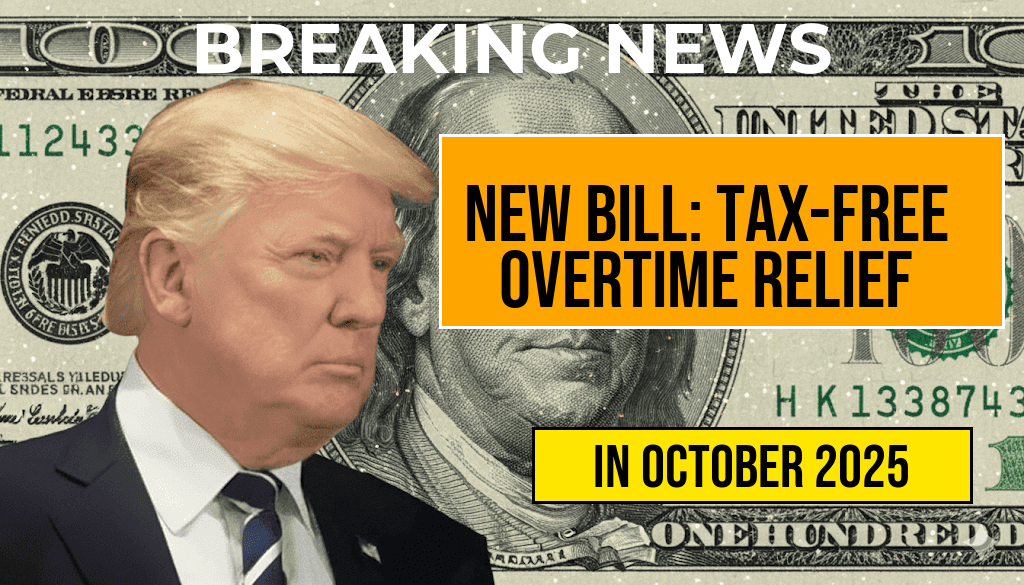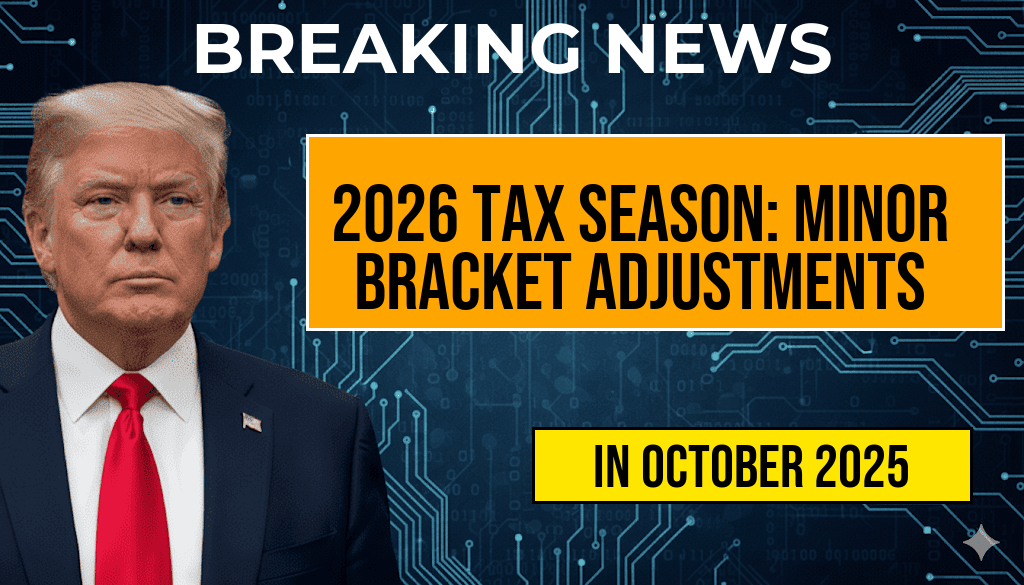A new legislative proposal has emerged, aiming to provide financial relief for workers who earn overtime pay. The bill, which has garnered bipartisan support, would enable employees to shield up to $12,500 of their overtime earnings from federal taxes. This initiative comes in response to ongoing discussions about rising living costs and the need for increased support for the workforce. As pressures mount on families due to inflation and economic uncertainties, the bill seeks to alleviate some financial burdens by making a portion of overtime pay tax-free. With this new measure, workers could see a significant impact on their take-home pay, while employers may need to adjust their payroll systems to accommodate the changes. If passed, the bill could reshape how overtime compensation is viewed and handled across various industries.
Understanding the Bill’s Provisions
The new bill proposes that employees can exclude a portion of their overtime income from taxation. Here’s a breakdown of the key points:
- Eligibility: The bill applies to full-time and part-time employees who earn overtime pay.
- Tax Relief Amount: Workers can protect up to $12,500 of their overtime earnings from federal income tax.
- Effective Date: If approved, the legislation is expected to take effect in the next fiscal year.
How Much of Your Overtime Could Be Tax-Free?
Many employees may wonder how this new bill could impact their actual overtime earnings. To clarify, here’s a simple table that illustrates potential savings based on different overtime compensation scenarios:
| Overtime Earnings | Tax-Free Amount | Taxable Amount | Estimated Tax Savings |
|---|---|---|---|
| $10,000 | $10,000 | $0 | $0 |
| $15,000 | $12,500 | $2,500 | $375 |
| $20,000 | $12,500 | $7,500 | $1,125 |
As seen in the table above, workers earning up to $12,500 in overtime would benefit significantly, while those exceeding this threshold would still enjoy a reduction in their taxable income.
The Rationale Behind the Bill
Lawmakers have pointed to several reasons for introducing this bill, including:
- Inflation Impact: Rising prices for essential goods and services have strained household budgets, prompting a need for financial relief.
- Workforce Support: The legislation aims to attract and retain talent in a competitive job market by enhancing employee compensation.
- Economic Growth: By allowing workers to keep more of their earnings, the bill encourages spending, which can stimulate local economies.
Concerns and Considerations
While the bill has received applause from worker advocacy groups, there are concerns regarding its implementation. Some critics argue that:
- Administrative Burden: Employers may face challenges in adjusting payroll systems to accommodate the changes.
- Long-term Sustainability: Questions remain about how the government will offset the potential loss in tax revenue resulting from this measure.
Next Steps for the Bill
The path forward for the bill involves several legislative hurdles. It will need to pass through committee reviews and gain approval from both the House and Senate before heading to the President for final approval. Advocates are urging constituents to voice their support to their local representatives, emphasizing the bill’s potential to provide crucial financial relief.
For more information about this bill and its potential impacts, you can visit Forbes and Wikipedia.
Frequently Asked Questions
What is the purpose of the new bill regarding overtime relief?
The new bill aims to provide overtime relief by allowing employees to protect up to $12,500 of their overtime earnings, making a portion of it potentially tax-free.
How does the bill affect the taxation of overtime pay?
The bill introduces a provision that could make up to $12,500 of overtime pay exempt from taxes, thus helping workers retain more of their earnings.
Who is eligible for the tax-free overtime benefits under the new bill?
Employees who earn overtime pay may be eligible for the benefits, but specific eligibility criteria will depend on the final regulations set forth by the legislation.
When will the new overtime relief measures take effect?
The exact implementation date of the new overtime relief measures has yet to be announced, but it is anticipated to take effect following the bill’s passage and enactment.
How can I find out how much of my overtime could be tax-free?
You can determine how much of your overtime pay could be tax-free by consulting with a tax professional or utilizing online calculators that factor in the new bill’s provisions.






